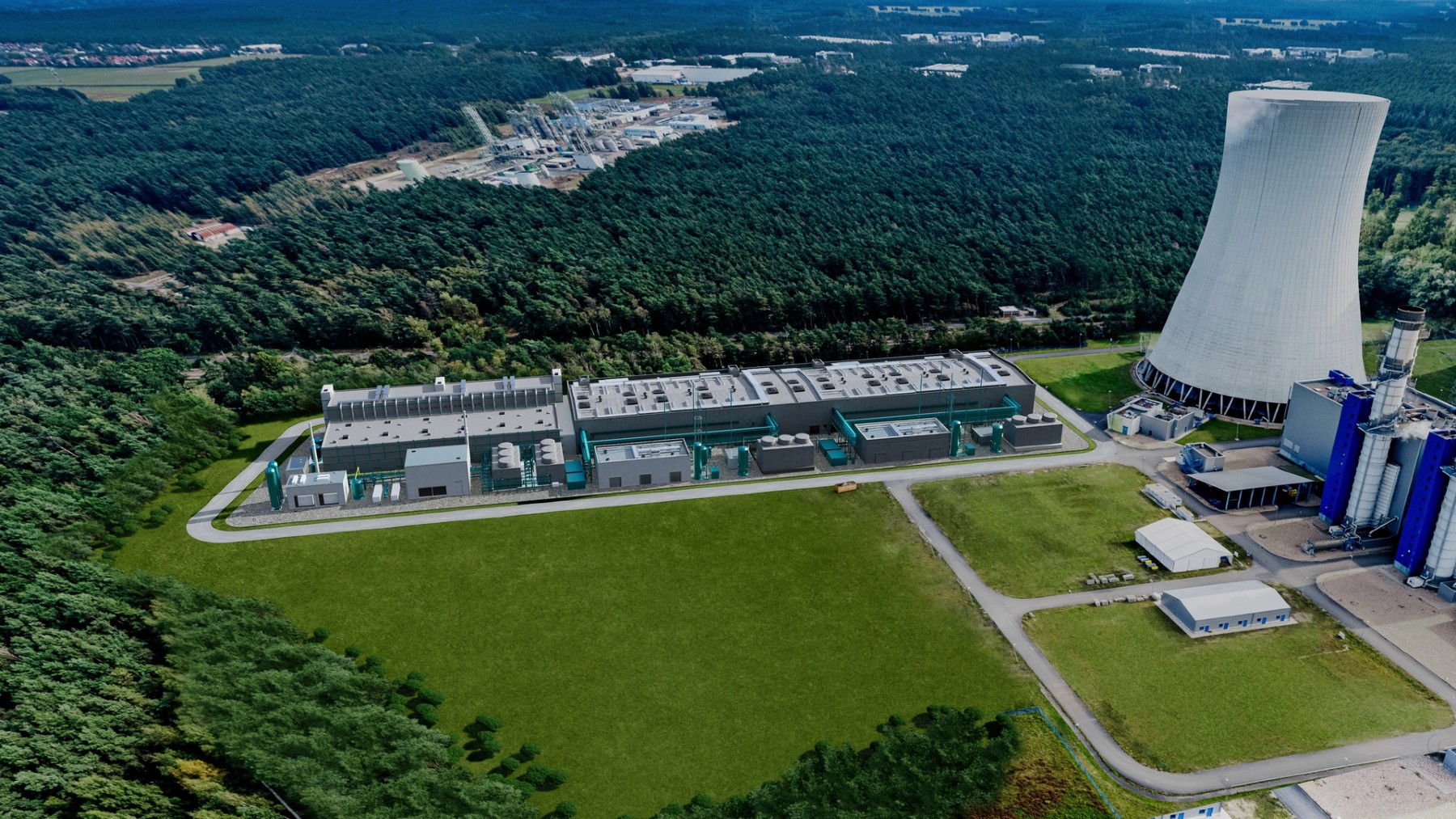Germany’s drive towards renewable energy is making considerable progress with the current move of RWEs in its 300 MW green hydrogen initiative at the Lingen gas-fired power factory. During this large-scale project third phase, Sunfire as well as Bilfinger was assigned to bring in the subsequent 100 MV of electrolyzer power online, with the completion date set for 2027 by RWE.
This advancement indicates a massive achievement in Germany’s shift to environmental energy solutions, specifically for industrial clients in Lower Saxony as well as in the North Rhine-Westphalia territories.
Enhancing RWE’s sustainable hydrogen efforts with Sunfire’s 100 MW alkaline electrolyzer
In conjunction with the sustainable hydrogen attempts of RWE, Sunfire will provide a 100 MW alkaline electrolyzer, adding to the overall capability of the initiative. The addition will incorporate 10 pressurized alkaline modules all efficient of generating 10 MW of environmental hydrogen.
Nils Alday, the CEO of Sunfire, noted the distinguished part Sunfire in extensive hydrogen developments globally, highlighting that the company among the limited manufacturers who can render industrial level electrolyzers. Sunfire is emphasizing its competence with this significant order from RWE, continuing its current cooperation after establishing a preliminary electrolyzer at the exact Lingen location earlier.
Sunfire’s pressurized alkaline electrolyzer is set to be fundamental in the GET H2 Nukleus initiative of RWE, with an objective to provide environmental hydrogen to industrial consumers. In 2027, when completely operational, the factory, will per hour yield up to two tons of hydrogen, meeting an extensive segment of the energy requirements for manufacturing as well as other industrial developments in the country.
RWE’s hydrogen generation improved by Bilfinger with progressed electrolysis technology
While the hardware for the project is supplied by Sunfire, Bilfinger, a frontrunner in industrial manufacturing, will operate the vital incorporation of electrolysis technology into the current infrastructure of RWE. Bilfinger’s scale incorporates the developing, delivery, as well as the setting up of ancillary systems like water along with hydrogen treatment, compression, as well as control technologies. This skill is critical to guarantee the efficient procedure of the plant as well as the dependability of hydrogen manufacture.
Bilfinger Group CEO, Thomas Schulz, emphasized that Lingen’s new electrolyzer plant is a fundamental element in shifting the energy systems of Germany’s toward more effective as well as ecological technologies. The company’s contribution will assist in enhancing the entire hydrogen manufacture procedure, adding to the objectives of the RWE of generating a completely incorporated environmental hydrogen supply chain for industrial customs.
GET H2 Nukleus: The future of environmental hydrogen generation
The wider vision of RWE for environmental hydrogen focuses on the GET H2 Nukleus development including cooperation with OGE together with Nowega to link hydrogen production amenities with industrial clients. This initiative’s first stage is set to start in 2025 with Linde Engineering granting a 100 MW electrolyzer.
Stage two, provided with one more 100 MW electrolyzer by ITM Power, will enhance the production power. The next stage, currently in development with Sunfire as well as Bilfinger, will deliver the entire power to 300 MW by 2027. RWE Generation’s COO Hydrogen, Doctor Sopna Sury, conveyed confidence in the success of the initiative, asserting that the initial 200 MW of electrolyzer power is progressing well.
She maintained that signing Sunfire along with Bilfinger for the next stage of the initiative provides a robust indication to companies planning to change their procedures to sustainable hydrogen, highlighting the dedication of RWE to being the frontrunners of the hydrogen shift in Europe.
The collaboration of RWE with Sunfire as well as with Bilfinger symbolizes a significant stage in the sustainable hydrogen journey of Germany. By increasing electrolyzer power to 300 MW, the Lingen factory is slated to become a fundamental part of industrial decarbonization in the territory. As RWE increases its determined GET H2 Nukleus development, it is making way for a cleaner as well as hydrogen-powered future.















































